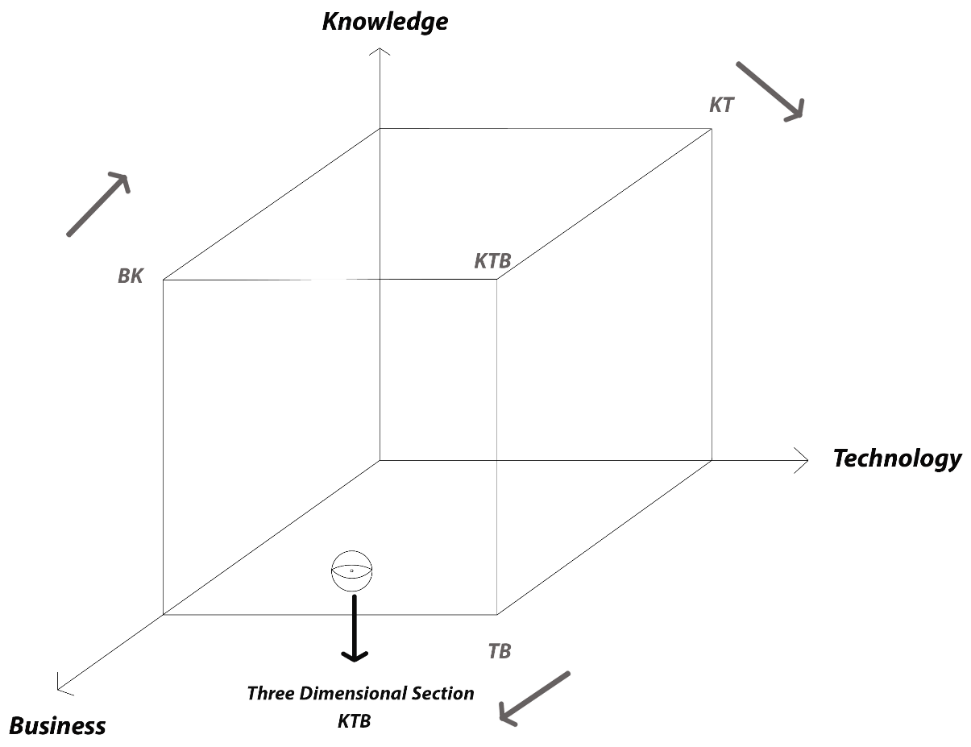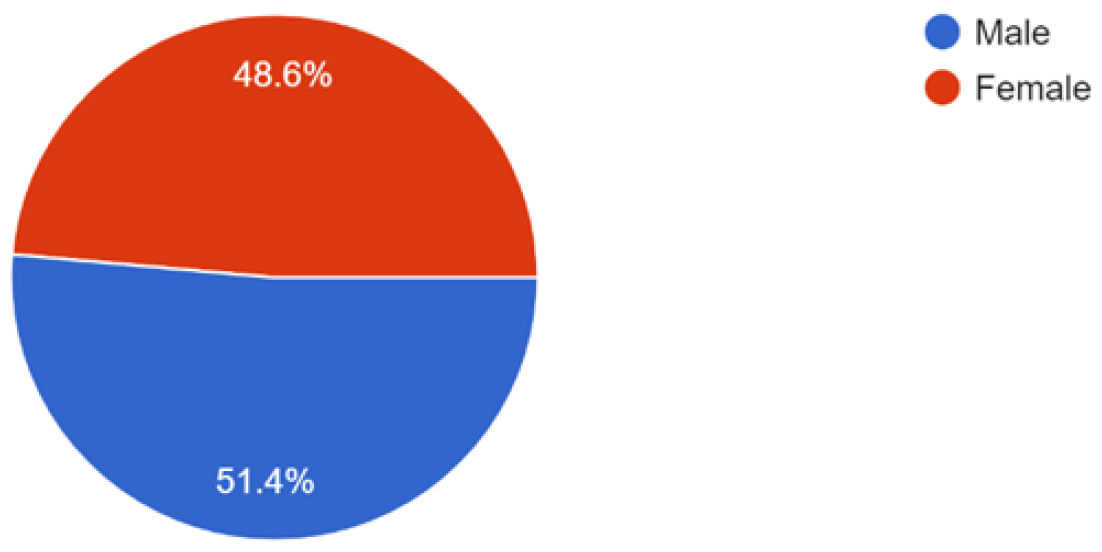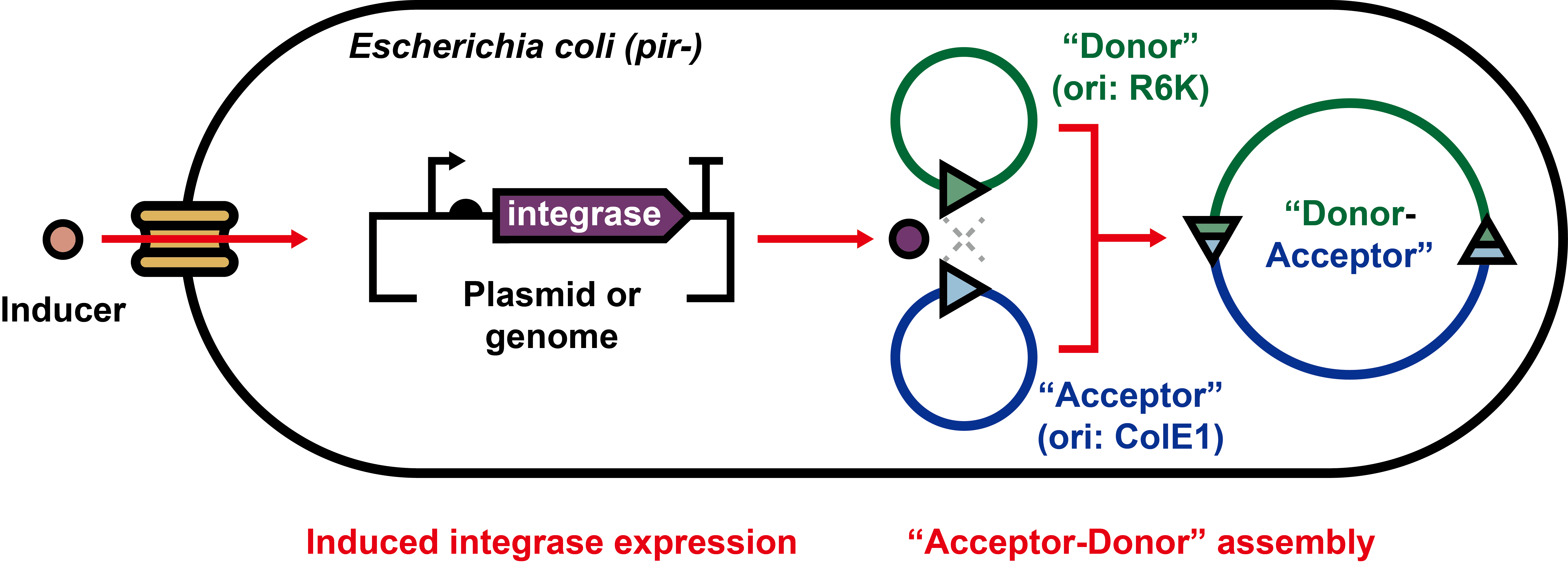Found 3 results
Article
10 December 2024Sailing the X.0 Wave Theory: Navigating the Future of Civilization
This paper delves into the X.0 Wave/Tomorrow Age Theory, a comprehensive framework conceived, invented, introduced, and developed by Prof. Dr. Hamid Mattiello between 2010 and 2017, to analyze the evolution of human civilization through distinct epochs of knowledge, technology, and business (KTB). The theory segments history into transformative waves, from the first development (X.0 ≤ 1.0) and Agricultural Age (X.0 = 1.0) and the X.0 Wave/Tomorrow Age Theory (2.1 ≤ X.0 ≤ 2.2) spanning the 17th Century to 1870, to the current Age of Artificial Intelligence (X.0 = 4.0). It also projects into the anticipated Human Age (X.0 = 5.0) and Transhuman Age (X.0 = 6.0) and beyond (6.0 ≤ X.0). Each wave represents a revolutionary phase characterized by significant advancements that shape societies, industries, and technologies. The X.0 Wave Theory integrates these historical phases with the Seven Pillars of Sustainability (7PS) to evaluate their societal impacts. The paper explores how these waves influence future developments by examining historical roots, emerging technological paradigms, and socio-economic dynamics. It examines how advancements in AI, biotechnology, and virtual reality are reshaping industries and global business practices, while also addressing the ethical and sustainability considerations essential for navigating these changes. By forecasting future trends, confronting current challenges, and preparing for potential crises, the X.0 Wave Theory offers a robust framework for understanding and adapting to the rapid pace of technological evolution. This paper provides deep insights into how these transformative waves shape our past, present, and future, offering valuable perspectives for navigating the complexities of an increasingly digital and interconnected world.

Article
30 September 2024Synthetic Biology in Nigeria: The Level of Awareness amongst Stakeholders
Synthetic biology, an emerging field at the intersection of biotechnology and engineering, has seen a global surge in application and awareness, necessitating a comprehensive understanding of its safe potentials to drive the bio-economy. This study aimed to assess the awareness and perceptions of synthetic biology among Nigerian biosciences stakeholders, including researchers, academicians, policymakers and students. The study employed a purposive online survey targeting diverse bioscience individuals and groups across Nigeria’s six geopolitical zones. The study received 107 responses from balanced gender representation with majority within the age group of 31–45 years old. The findings revealed a significant knowledge gap, with only 27.1% of respondents familiar with synthetic biology and 23.4% entirely unaware of it. Most respondents associated synthetic biology with biotechnology or genetic engineering and identified its applications to be in agriculture, medicine, environmental sustainability and research. Despite recognizing its benefits, many expressed concerns about safety, ethics, and regulation; notably, 43.9% of the respondents had concerns about synthetic biology with primary focus on safety and ethical implications. As regards the regulation of synthetic biology, the study showed that 80.4% of the respondents supported the need for synthetic biology regulation with few of the respondents (16.8%) aware of existing agency mandated to regulate synthetic biology. The respondents provided valuable insights into the various ways synthetic biology can be advanced in Nigeria which include increased awareness and capacity building, engagement through social media platforms, integration into education curricula and increased funding and investment in the research. The overall sentiment towards synthetic biology was positive, with 81.3% supporting its practice and 76.6% recognizing its positive global impact. However, a significant portion of respondents remained undecided. This study concludes that there is substantial gap in the knowledge of synthetic biology among bioscience stakeholders in Nigeria and the need for a heightened advocacy including continuous conferences and symposiums for the Nigeria bioscience community on the global potentials, concerns and regulation of synthetic biology. This will foster the acceptance of safe and responsible synthetic biology in Nigeria, thereby contributing to the broader national bio-economy development.

Article
20 December 2023Serine Integrase-based Recombination Enables Direct Plasmid Assembly In Vivo
Serine integrases are emerging as one of the powerful tools for synthetic biology. They have been widely developed across genome engineering, biological part construction, genetic circuit design, and in vitro DNA assembly. However, the strategy of in vivo DNA assembly by serine integrases has not yet been reported. To address this opportunity, here we developed a serine integrase-based in vivo DNA (plasmid) assembly approach. First, we demonstrated that the engineered “Acceptor” plasmids could be assembled with diverse “Donor” plasmids by serine integrases (Bxb1 and phiC31) in Escherichia coli (E. coli). Then, by programming the “Donor” plasmids and the host E. coli cells, we established an assembly cascade procedure and finally constructed plasmids that could constitutively express three different fluorescent proteins. Moreover, we used this approach to assemble different chromoprotein genes and generated colored E. coli cells. We anticipate that this approach will enrich the serine integrase-based biotechnology toolbox, and accelerate multiple plasmid assembly for synthetic biology with broad applications.
